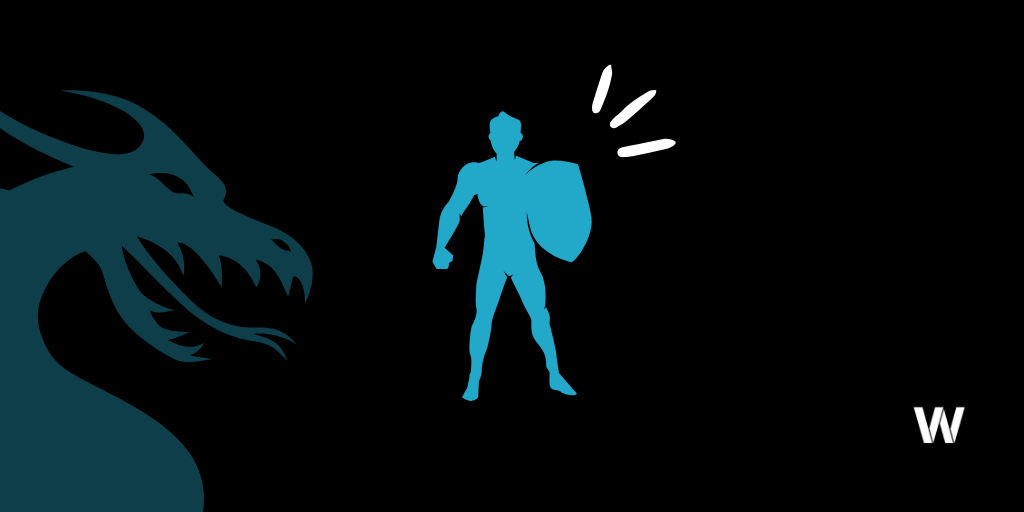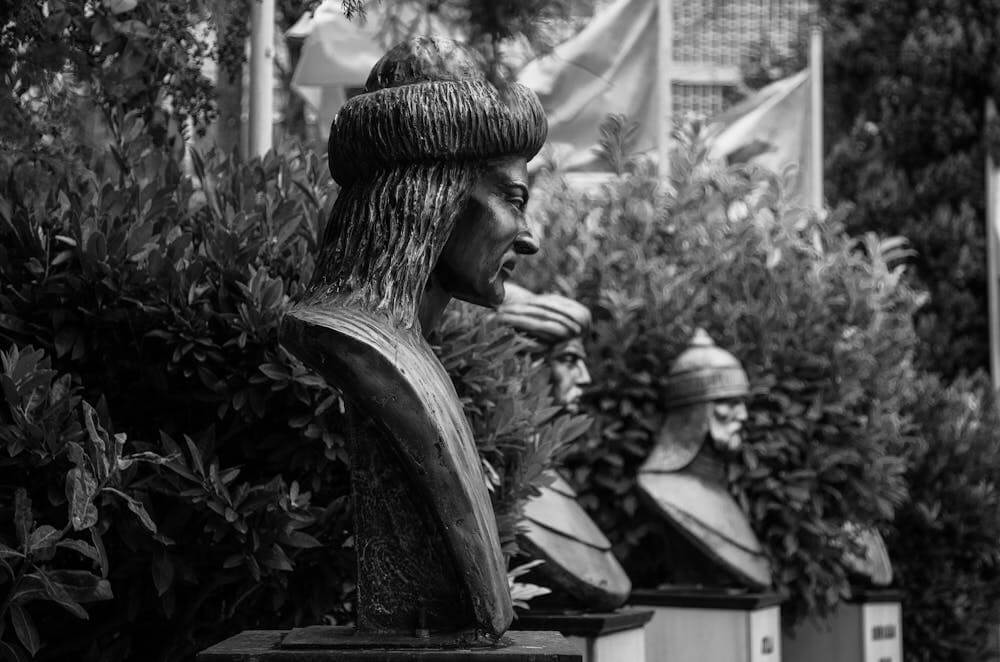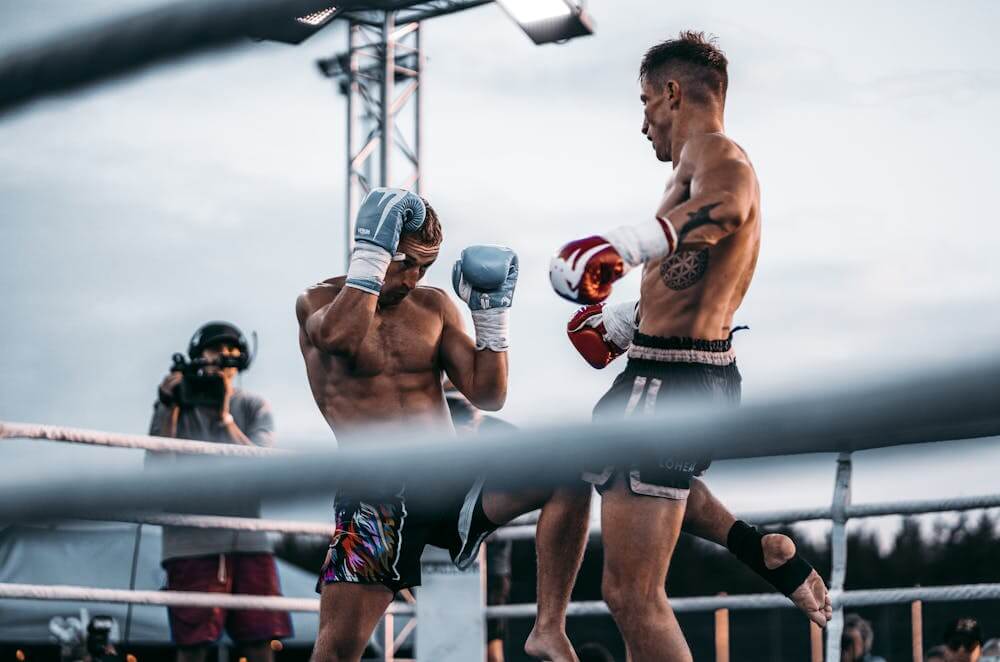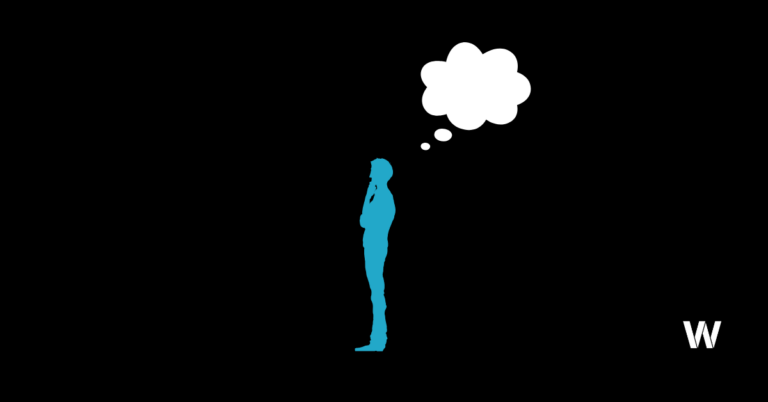How to Live and Train Like A Modern Day Warrior, Don’t be the Gardener
By Warren Wong

Warriors are revered in history and glorified in modern day movies. They scale mountains, save the world, and overcome insurmountable odds. Importantly, they display cunning, bravery, courage, and loyalty that wins our respect and endears us to them.
What if we can take the best of what they represent, live and train like them, and become a modern day warrior ourselves? Perhaps there’s a thing or two that we can learn from them, and apply to our own lives.
What Defines a Warrior
Is it their strength, conquest, or disregard for the rules that make warriors so bad a**? Or is it because they take action into their own hands, display courage and duty in the face of death, or that they speak their minds no matter the price?
If you ask 10 people you would get 10 different answers. However, there are 3 defining characteristics common amongst warriors: strength, code of conduct, and purpose.
Warriors display strength, whether physical strength through their prowess on the battlefield or strength of mind. Mental fortitude and the ability to persevere in tough times sets them apart, while winning the respect of their peers.
These warriors are often driven by a code of conduct, defined by their values and morals. They seek order in the chaos with a set of rules they live by. These rules dictate their actions, what they should and shouldn’t do.
They serve a purpose. Whether that is to rescue the princess from the dragon guarded tower or winning glory on the battlefield, they are purpose driven to a fault.
Strength, code of conduct, and purpose drive warrior cultures and the famed lore surrounding their exploits. There is something to be learned from them, and that’s what we’re here to explore.
Warrior Cultures
Perhaps one of the most iconic warrior cultures are the Spartans. Young boys were given over by their parents at the age of 7 to train in the agoge, where they received military training to earn their namesake.
Spartan warriors trained day and night under extreme circumstances, learning to fight with swords, knives, and fists. These boys quickly turned into men, or they perished trying.
While this way of life may be extreme to us, in those days, it served a purpose – to defend the Spartan and Greek way of life from would-be invaders. Meaning and purpose can help us weather the worst of times.
Warrior cultures train and instill discipline in its warriors so that they can rise to meet the challenges of life defining moments that might not otherwise come in times of comfort and peace.
When a small group of Spartan warriors led by King Leonidas faced insurmountable odds at Thermopylae, they had an important decision to make, to fight or run. They chose to fight, which ultimately cost their lives, but sealed their fate as warriors of the highest virtues.
Beneath the gore and horrors of battle there is teamwork, camaraderie, and common cause. This creates cohesive units, the mark of any great warrior culture. Much remains the same today.
The United States Marine Corps utilizes similar tactics and training in order to build cohesive units that build trust between Marines in order to equip its warriors with the best chance to win and survive on the battlefield.
Working as a team and proving your worth was a test to join the group. Whether it’s surviving the agoge or Marine Corps boot camp, earning your place was a ritual qualifier.
Modern Day Warrior

There is a quote that says, “I would rather be a warrior in a garden, than a gardener in a war.” Sometimes life just happens to you, and whether you are prepared to meet those challenges will define your life.
Being a warrior in a garden is about preparedness for the eventual unexpected events in life. It’s being pragmatic that if, and when things go wrong, one is able to defend themselves and survive. Whereas a gardener in a war, being unprepared to meet challenges will surely meet a less than desirable fate. Don’t be the gardener.
The unexpected takes shape in many forms. It could be a physical threat to you and your family, sickness, a downturn in the economy, or when things go terribly wrong. How will you react? Are you prepared physically and mentally to meet those challenges?
Warrior virtues transcend the battlefield. Courage in the face of an enemy translates to standing up for others, or the moral courage to do what’s right even at the cost of self. These are the underpinnings of a warrior.
A training regime and doing hard things provides a strong foundation for many areas of our lives like our career, personal life, and relationships.
The act of doing hard things isn’t what’s important, but what it forces you to develop: grit, perseverance, tolerance for discomfort, and mental strength. When the going gets tough, our training carries us forward.
Warrior Training

Besides joining the military, there are other ways to train like a warrior. Some practical ways are adopting a warrior’s mindset, and to live and train for life itself.
There is no replacement that provides a stronger physical foundation than exercise. When you strive to reach your body’s peak physical potential two things happen. You realize how capable you are, and you gain confidence to meet challenges you may face.
Rigorous training can be long distance running, sprints, martial arts, swimming, cross functional fitness, or marksmanship. Training requires discipline, good habits, and perseverance. A warrior trains hard, there is no replacement for it.
A warrior’s mindset is perhaps their defining trait. Whereas physical prowess may not be a strict requirement, a strong mental foundation is.
Mental fortitude isn’t something you’re born with, but acquired. Whether it’s doing hard things, or getting up when life knocks you down, these are the building blocks for being mentally tough.
Controlled exposure to doing hard things helps strengthen one’s body and mind. It is a necessary part of every warrior’s training.
Seneca, one of Rome’s richest men, would sometimes sleep on the hard floor and eat the poorman’s meal. This exercise gave him the experience of a worst case scenario, so if it happens he wouldn’t be blindsided.
Seeking ways to train our mind and body for the rigors of life is an important part in adopting the modern day warrior’s mindset. Opportunities are all around us if we choose to seek them out.
Finding Purpose
No warrior is complete without purpose. A warrior’s “why” drives them to train and prepare for their mission, no matter the circumstances. Whether that’s to rescue the princess or be a role model to one’s children, having a reason to train and be virtuous keeps one on the path.
Without purpose, training will seem difficult, dreadful, and meaningless. Sometimes a purpose can be given to you, asked of you, or self-created.
In our day to day lives, there are so many opportunities around us, whether In our communities, place of work, or around the world. Be the modern day warrior who seeks purpose and becomes a positive force of change.
The pursuit of purpose gives us the chance to be the hero of our own story. Just like in the movies, the books, and tales of old, romanticize your life. What will be your dragon to slay? Who is the princess you must rescue? What is the mission you are given?
Conclusion
In a time when virtue seems absent, it is needed the most. Whether this is an idealized fiction of a bygone era or wishful thinking, virtues can help center and guide us in our everyday lives.
Marcus Aurelius said, “Waste no more time arguing what a good man should be. Be one.” Striving to be the best version of oneself and realizing one’s potential should be the goal of a warrior.
On the path of the warrior we will be faced with challenges of everyday life, but also come into a few life defining moments that require us to summon all our strength to meet. Train to be a warrior, and don’t be a gardener.
Template Box width correct?





